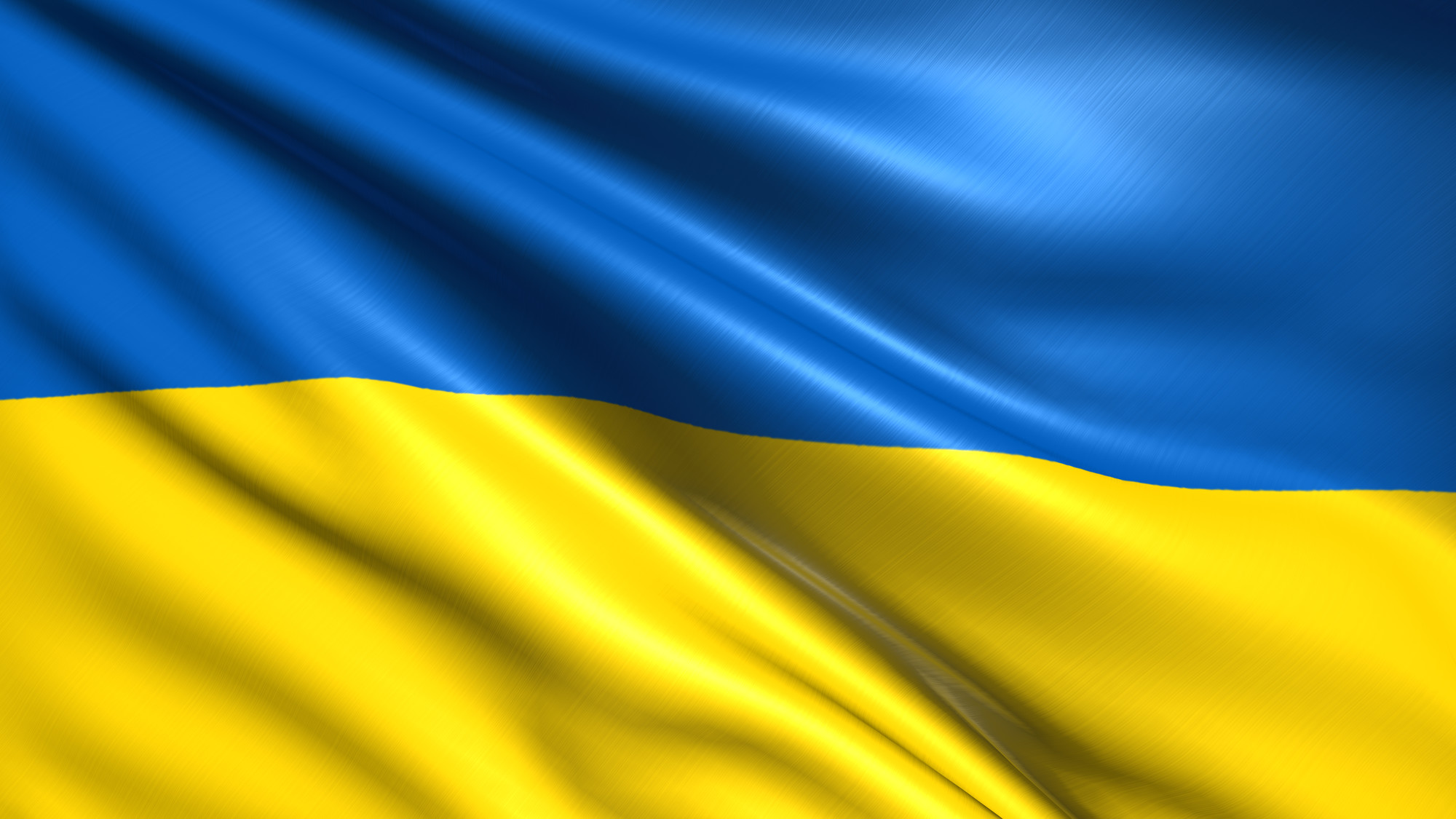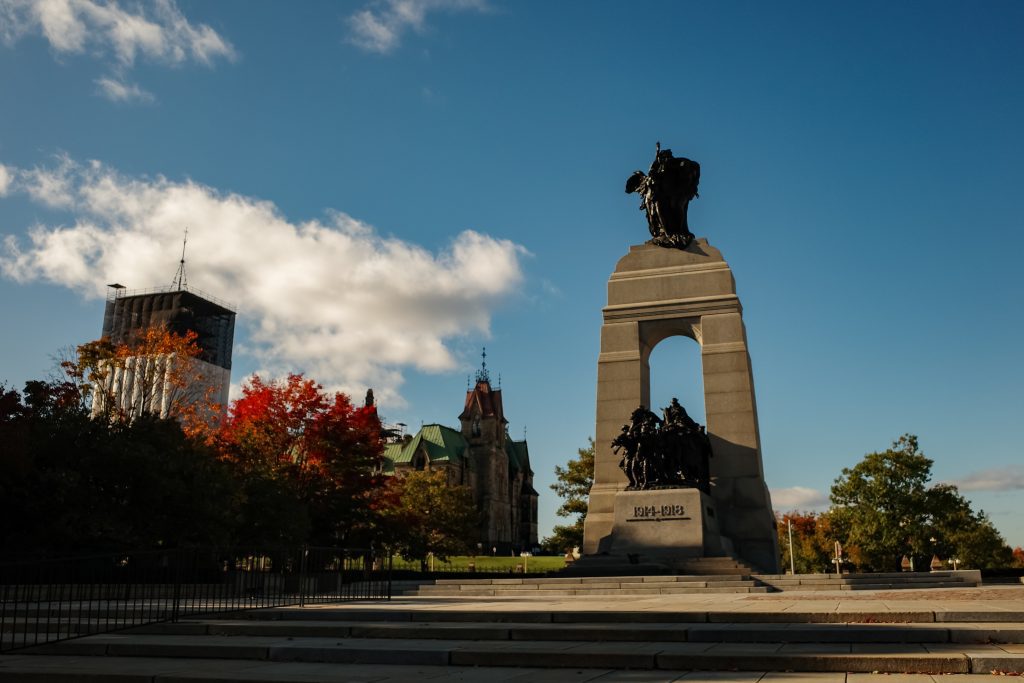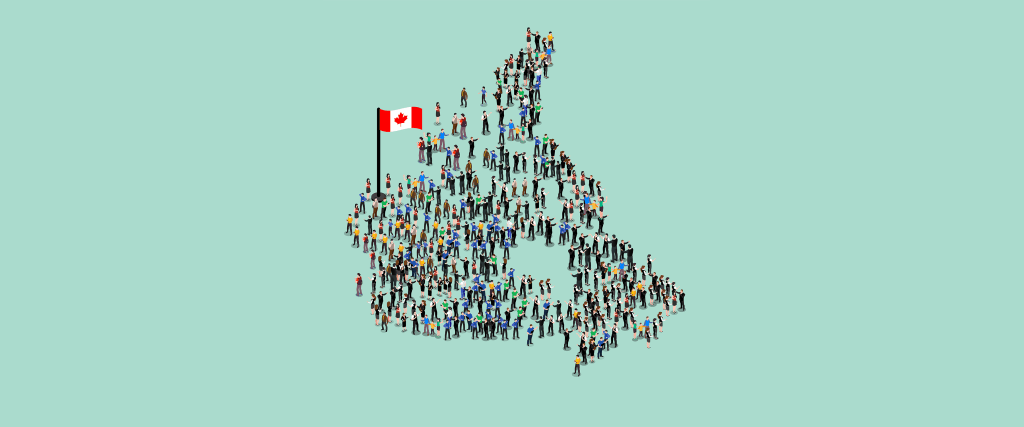- 2022-03-03
- Statement
Statement from the Centre of Excellence on PTSD regarding the situation in Ukraine and the impacts on Canadian Veterans and their Families

Fardous Hosseiny, President and CEO of the CoE – PTSD, said that any time there is an escalation in conflict, particularly where there is global interest and a heightened media presence, it can be potentially triggering for those who have served and it is important they are aware of the supports and resources that are available.
Brian McKenna, retired Warrant Officer and National Strategic Advisor – Veterans for the CoE – PTSD added that at a time like this, it is important for Canadians to understand the complexities of the situation and the impact it may have on anyone who has previously served, as well as on their Families. “Those who have served in similar situations might be watching events unfold, including images of conflict, and we know that this can not only be distressing but also re-traumatizing,” he said.
“While the war is hard to watch, that is a natural universal response,” McKenna added. “But it is the unspeakable amount of civilian suffering that Veterans specifically will remember; the winter conflict that produces starving and frozen citizens, the line up of wounded kids, the missile strikes on civilian apartments, the food shortages for the elderly. These are the hardest to watch because they go against the ethos of soldiering and we’ve directly seen these tactics in other places we’ve been, such as the former Yugoslavia. For many of us, Kyiv has us feeling like we’re re-living our mission in Sarajevo.” He added it is important for anyone experiencing distress to access supports as soon as they become aware the situation might be challenging to their mental well-being.
The impact of the current situation is also being felt by Family members of Veterans, according to Laryssa Lamrock, National Strategic Advisor – Family for the CoE – PTSD. “We know that Families of Veterans who are on the home front are the ones helping them deal with the mix of emotions they are experiencing. At the same time, events may bring a variety of feelings up for Family members themselves. It may remind them of times of apprehension, anticipation, worry, pride, or significant life changes. For some, military service runs through generations. The child of a Veteran who deployed during previous times of conflict may now find themselves, as a parent, imagining a possibility of their grown children’s role in uniform in the future. At the CoE, we want Family members to know they are also seen and heard and that there are resources available to address their unique circumstances and needs.”
Hosseiny added that those providing mental health services to Veterans and their Families should also anticipate and be prepared to provide trauma-informed support. Providers play an important role in supporting Veterans and their Families and are encouraged to be mindful as events unfold to check in with their clients as part of their care provision.
For anyone seeking support, the CoE – PTSD recommends contacting the Veterans Affairs Canada (VAC) Assistance Service, which is available 24 hours a day, 365 days a year. Veterans, Families, and caregivers can call to speak with a mental health professional, free of charge, at 1-800-268-7708 (TDD/TTY: 1-800-567-5803).
A listing of additional supportive resources can be found at https://atlasveterans.ca/directory-of-services/
The Centre of Excellence on PTSD is an independent intermediary organization funded through Veterans Affairs Canada (VAC) to conduct research and provide CAF and RCMP Veterans, their Families, and mental health service providers with access to up-to-date evidence-based information and resources to improve mental health and well-being outcomes. The CoE –PTSD is guided by four interrelated, community-based Reference Groups comprised of Veterans, Veteran Family members, researchers and service providers.

